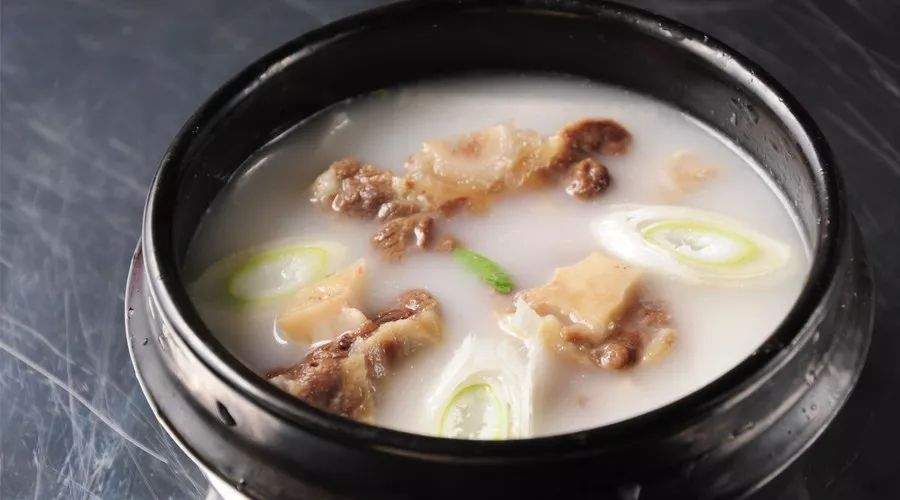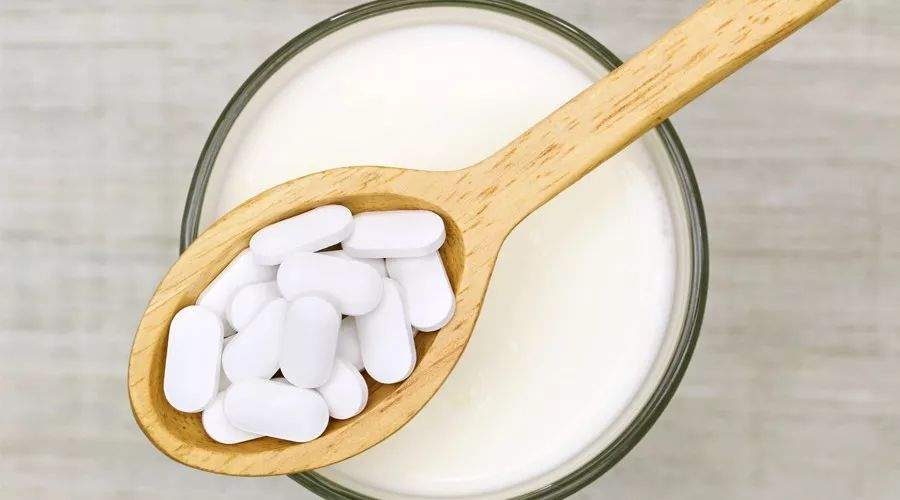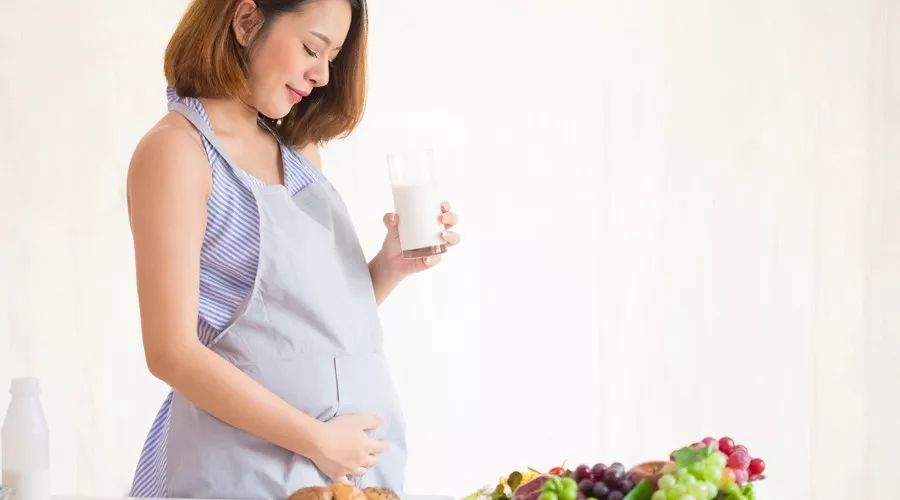I believe expectant mothers all know that calcium supplement during pregnancy is very important to both mothers and fetuses.
The calcium intake of pregnant women should not only supply their own daily needs, but also meet the needs of the rapidly developing babies in the abdomen.
From a fertilized egg in the first trimester of pregnancy to a full-term child, a lot of calcium is needed to help the child grow bones and teeth.
According to the dietary survey, the daily calcium intake of Chinese women during pregnancy is about 300 ~ 400 mg, which is lower than the recommended daily calcium intake of 1000 mg in the second and third trimester of pregnancy.
In other words, the vast majority of pregnant women in our country need calcium supplement.
However, many pregnant mothers still have many misunderstandings about calcium supplement. The three mentioned below are quite common.
Three Common Mistakes of Calcium Supplement during Pregnancy
1. Supplement Calcium by Drinking Bone Soup
Wrong!
Mothers must be familiar with bone soup from pregnancy to baby. Many people think that eating what you eat and drinking bone soup can supplement calcium.
In fact, this is wrong!
No matter cutting large bones into small pieces, stewing with pressure cooker or vinegar, calcium in bones is extremely difficult to dissolve out.

You may think: It doesn’t matter if you don’t supplement calcium. Milky white bone soup looks very nutritious and delicious. It doesn’t matter if you drink more.
In fact, the color of bone soup is mainly due to a large amount of fat in bones.
Drinking it is not only unreliable for calcium supplement, but also fattens up!
2. Expect one to five tablets of calcium
Wrong!
Some mothers try to save trouble. Since they want to supplement calcium, they should buy large doses of calcium tablets once a day, which is simple and convenient.
This is actually wrong!
A small amount of calcium supplement for many times can activate the body’s active absorption mode, thus increasing the absorption rate and total amount of calcium.

A single intake of high doses of calcium will reduce the absorption rate of calcium. This is why milk is not recommended to take calcium.
In addition, a large amount of calcium supplement at one time will also interfere with the absorption of other minerals, such as iron and zinc, increasing the risk of iron deficiency anemia, loss of appetite and other problems.
Therefore, it is best to take calcium tablets with a single dose of small calcium, such as a small amount of 100 ~ 300 mg calcium tablets, and eat them several times a day.
3. Calcium supplement will lead to placental calcification.
Wrong!
Placental calcification is a problem of the placenta itself and has nothing to do with calcium supplement. It is not because calcium supplement that the placenta calcifies.
Placental calcification is a normal aging process of placenta. Placental aging mainly refers to the aging of blood vessels on the placenta, which is similar to the aging of blood vessels when people get older. It is a natural stage during the growth and development of the placenta.
Pregnant mothers can eat these foods to supplement calcium.
1. Milk is the best food for calcium supplement.
For every 100 grams of milk, the calcium content is as high as 104 milligrams.
It is recommended to drink 500g per day, which is about 2 packs of pure milk or 1 pack of pure milk + 2 boxes of yogurt.
If lactose intolerance, you can choose zero lactose milk or yogurt. If yogurt is selected, you’d better choose sugar-free yogurt.

2. Bean products are also rich in calcium content.
North tofu is tofu solidified with brine as coagulant, with high hardness, rough texture and high calcium content.
The calcium content of 100 grams of north tofu and dried tofu is 138 mg and 308 mg respectively.
It is recommended to eat 20 ~ 25g of north tofu products every day (25g of soybean is equivalent to 50g of dried tofu or 100g of north tofu).
3. Green leafy vegetables can also supplement calcium.
For example, the calcium content of 100 grams of kale and rape is as high as 128 mg and 108 mg respectively.
What needs to be reminded is that it is best to blanch leafy vegetables in boiling water before cooking to reduce oxalic acid, which affects calcium absorption.
If expectant mothers and nursing mothers do not like to drink milk in particular, or cannot supplement enough green leafy vegetables due to various conditions, additional calcium agents can be considered to supplement calcium.
